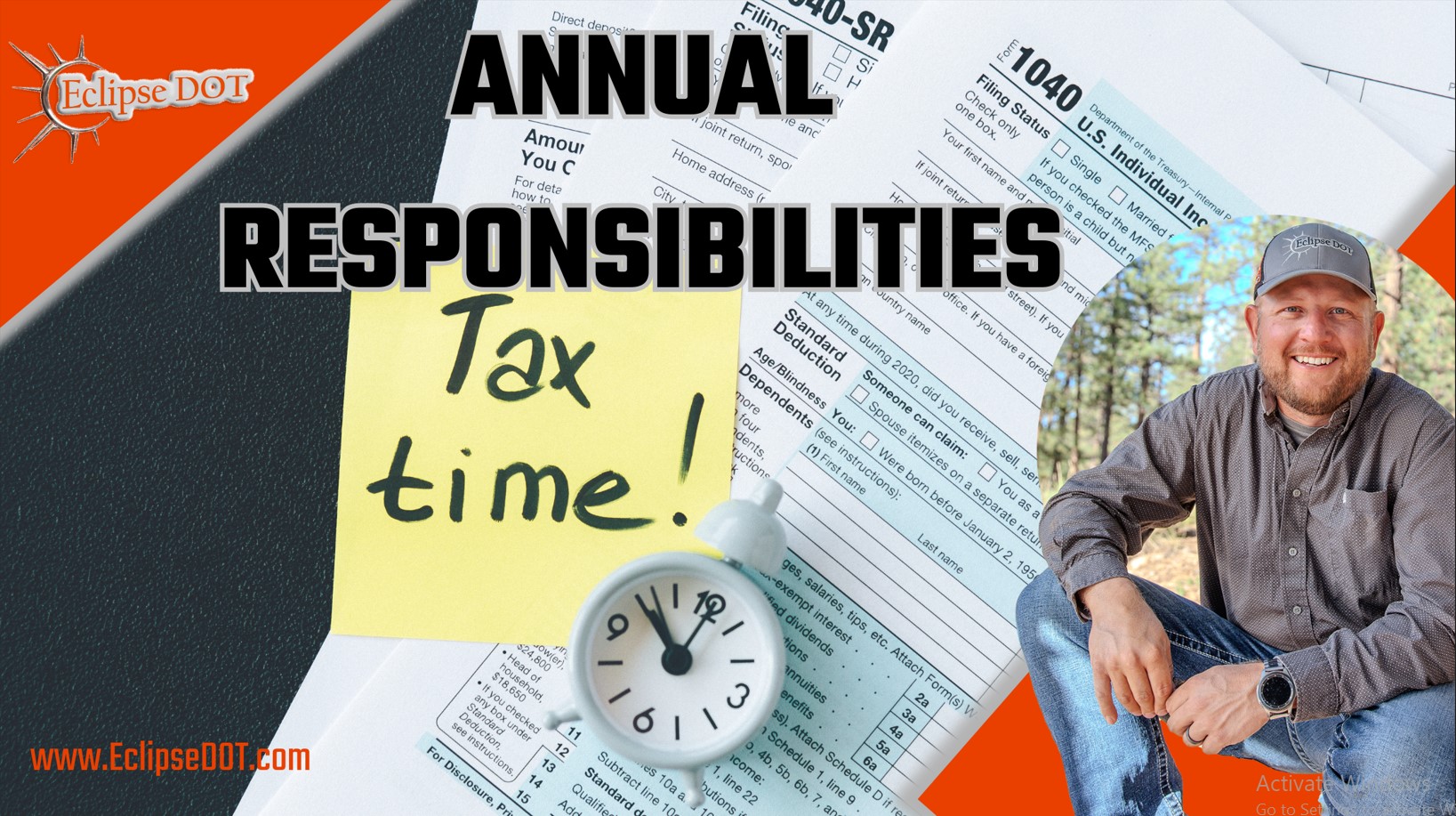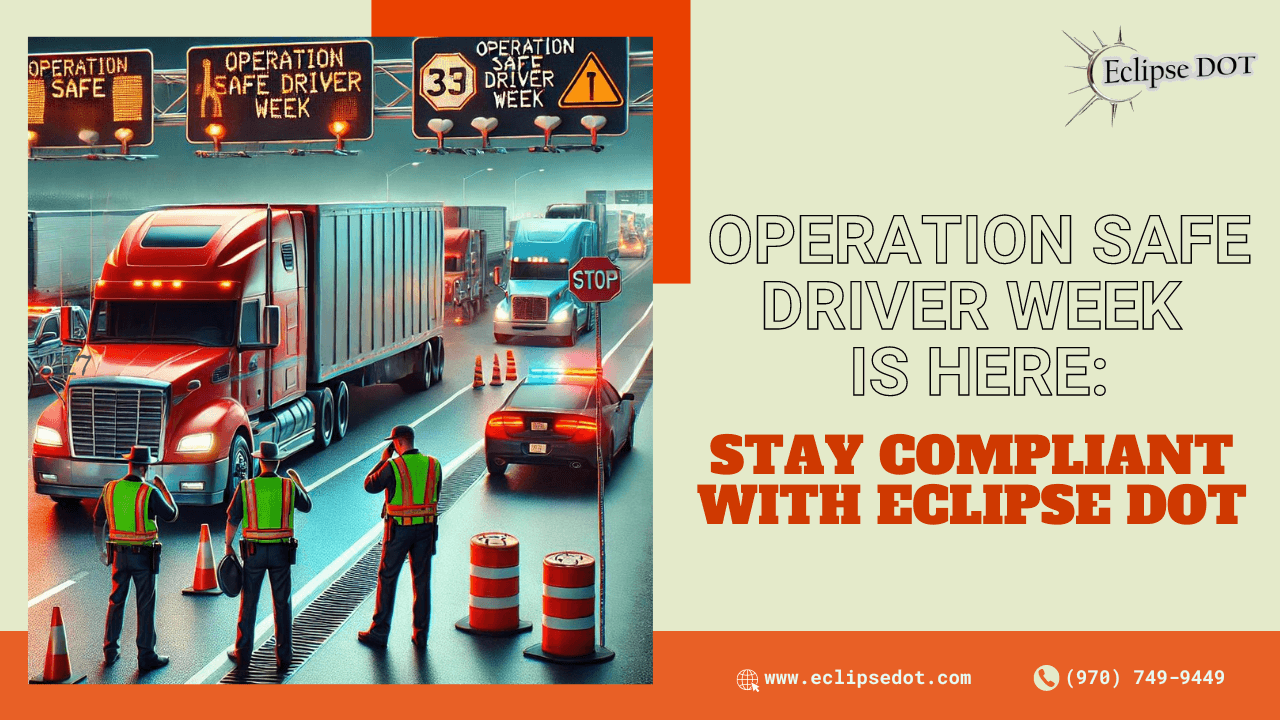Annual DOT Responsibilities: IRP, IFTA, UCR, and More Demystified
Annual DOT Responsibilities Demystified: IRP, IFTA, UCR, and More
Navigating the world of trucking regulations can sometimes feel like deciphering the teacher from Charlie Brown—endless acronyms and jargon that sound like a foreign language.
First up, we have the IRP, which stands for the International Registration Plan. This plan comes into play when you’re crossing state lines with your CMV. It’s an annual renewal process, typically tied to when you first established your account. The costs can vary, especially if you’re operating newer trucks. The key here is to make sure you renew your IRP on time to avoid the hassle of operating with an expired registration.
Next on the acronym list is IFTA, or the International Fuel Tax Agreement. IFTA requires meticulous record-keeping, including daily mileage logs and tracking fuel purchases by state. You not only renew IFTA annually but also file it quarterly, with important deadlines falling on April 30th (Q1), July 31st (Q2), October 31st (Q3), and January 31st (Q4). Keep a close eye on your MPG calculation; significant deviations might signal errors in your reporting.
Now, let’s talk about UCR, or Unified Carrier Registration. This is another annual obligation for those engaged in interstate commerce. If your goods or passengers cross state lines at any point, you’re required to register for UCR. There are some exemptions, like operators confined to Hawaii or emergency vehicles. Registration typically opens in November for the following year and becomes enforceable on January 1st.
But wait, there’s more! The world of trucking regulations doesn’t stop at IRP, IFTA, and UCR. There are additional annual tasks to keep in mind, such as handling New Mexico Weight Distance (NMWD) through the New Mexico TAPS platform if you file IFTA. You’ll also need to keep tabs on MCS-150 updates, which are required every two years. The timing of these updates depends on the last two digits of your US DOT number.
In addition to the aforementioned responsibilities, don’t forget about renewing your driver’s licenses, maintaining medical cards, conducting DOT inspections, dealing with Form 2290 for heavy-use vehicle taxes, obtaining Motor Vehicle Records (MVRs), submitting Clearinghouse reports, and various other tasks that make up the tapestry of trucking regulations.
Ready to explore more about these topics? Click here to dive deeper into eclipsedot.com/articles and drive your knowledge to new heights!





